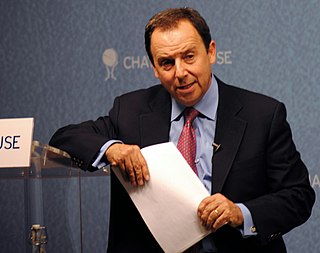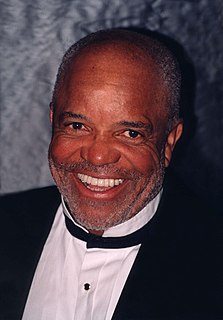A Quote by Leslie Pietrzyk
Maybe that's the foundation of my book: how do we come to terms with the death of someone we love when it is impossible to come to terms with such a profound loss? The path I found where I could even ask that question, or maybe advance it beyond what I'd attempted in A Year and a Day, was by straddling the line: this is fiction and memoir, it is true and it isn't.
Related Quotes
I'd say, [writing memoir] not so much a model, but maybe to provide an insight, here or there, to help somebody come to terms with the dark corners of their own soul, to come to terms with the undecided, their own sense of self, and maybe help develop a capacity to love - to love wisdom, love justice.
Summers was simply a master explainer, able to deftly boil down the complexities of economic and financial, and to put them in terms the non-expert could understand. He was brilliant at cultivating a sense of control, even as events spun far beyond what could be managed with any certainty. He could will into being the confidence that eluded others, those less self-assured and, maybe sensibly, on humbler terms with the world.
What gets me back to church, I think, is thinking maybe this time that question "Is it true?" will be answered, not just in terms of somebody saying, "Yes, it's true," but something will happen in a sermon or maybe shuffling up to the Eucharist, or in the old lady who's sitting beside me with a Bible - maybe something will happen which will show me that it's true. So I go back thinking, maybe this time I'll be lucky.
I wanted to tell her everything, maybe if I'd been able to, we could have lived differently, maybe I'd be there with you now instead of here. Maybe... if I'd said, 'I'm so afraid of losing something I love that I refuse to love anything,' maybe that would have made the impossible possible. Maybe, but I couldn't do it, I had buried too much too deeply inside me. And here I am, instead of there.
Every day I watched how a bare metal frame, rolling down the line would come off the other end, a spanking brand new car. What a great idea! Maybe, I could do the same thing with my music. Create a place where a kid off the street could walk in one door, an unknown, go through a process, and come out another door, a star.
Maybe that's what it all comes down to. Love, not as a surge of passion, but as a choice to commit to something, someone, no matter what obstacles or temptations stand in the way. And maybe making that choice, again and again, day in and day out, year after year, says more about love than never having a choice to make at all.
There are some things fundamentally off about the stance of the book. And maybe that's okay; maybe every book is flawed, and great books, as flawed as they might be, articulate a moral argument that the reader then carries forward. The critique to this model is, of course, to ask: Should a book be ever so perfect that you come out of it with complete moral agreement that can be sustained?

































